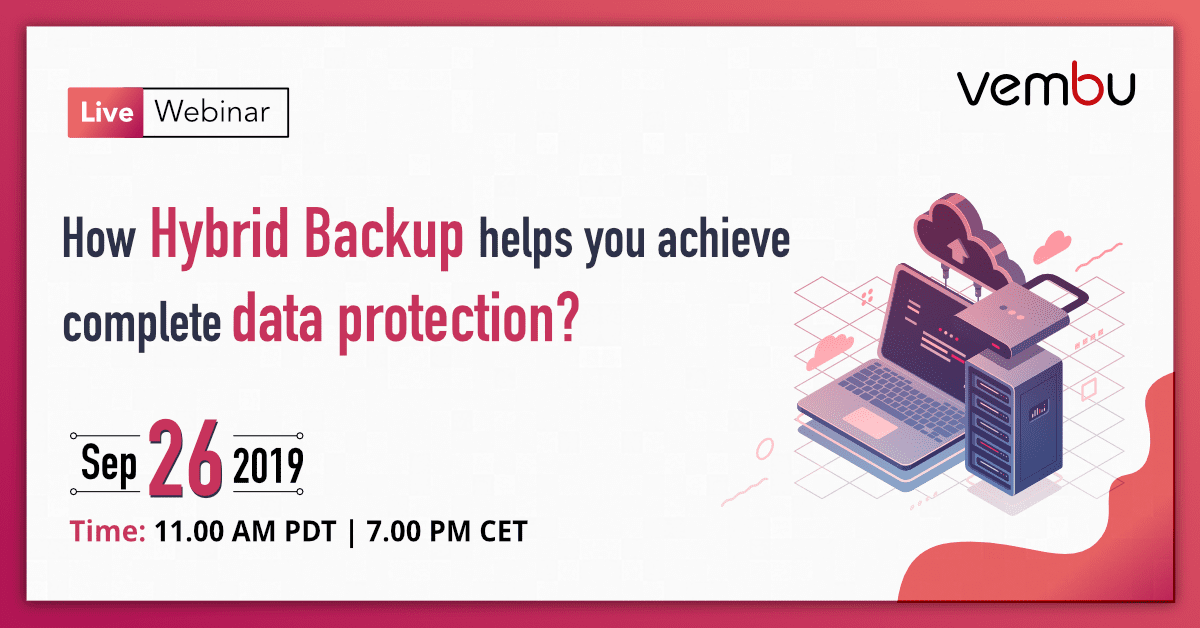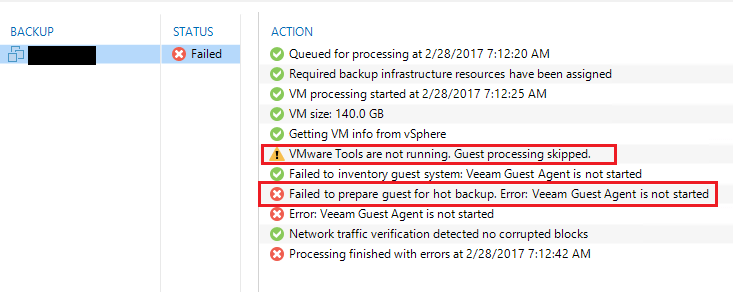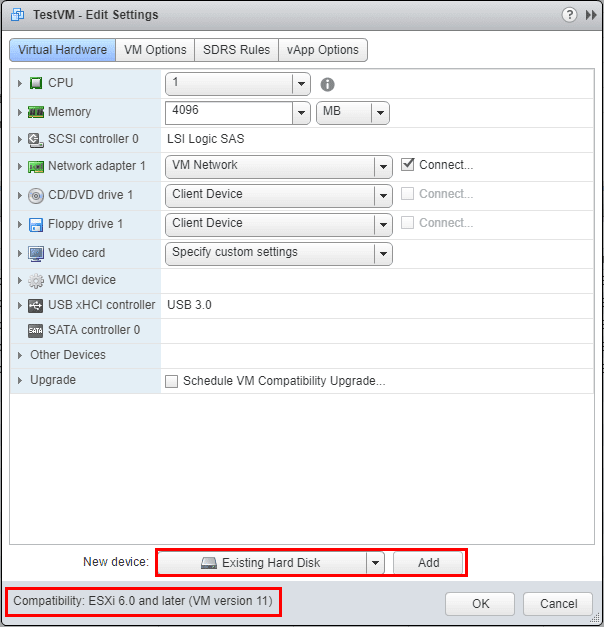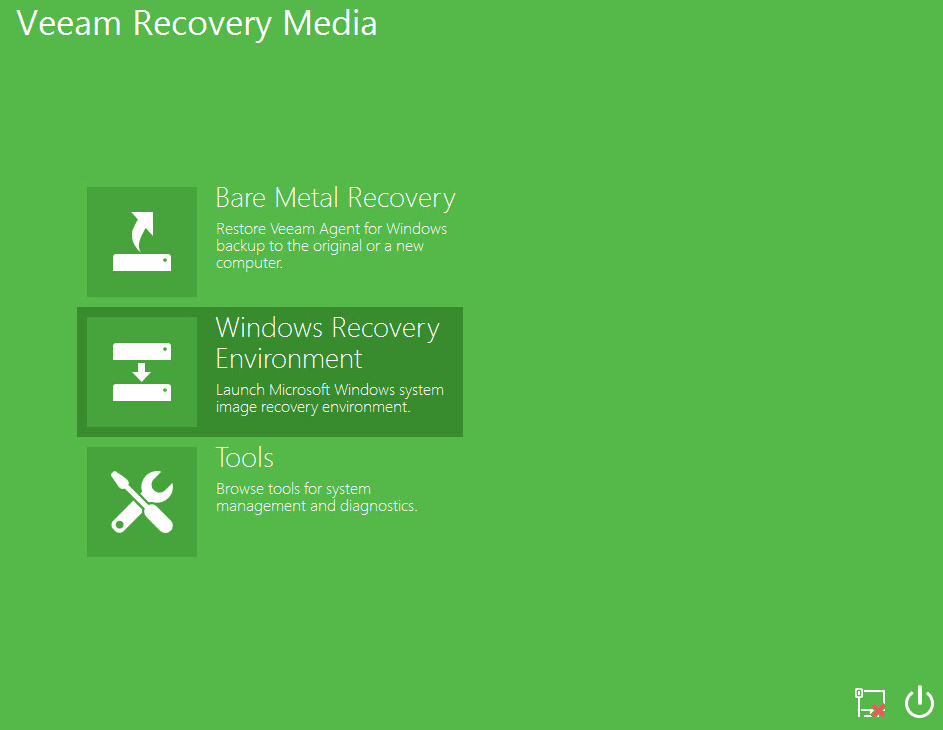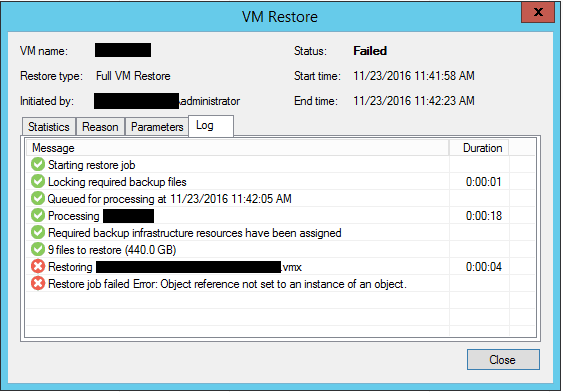Hybrid Backup Solutions to Protect Your Business
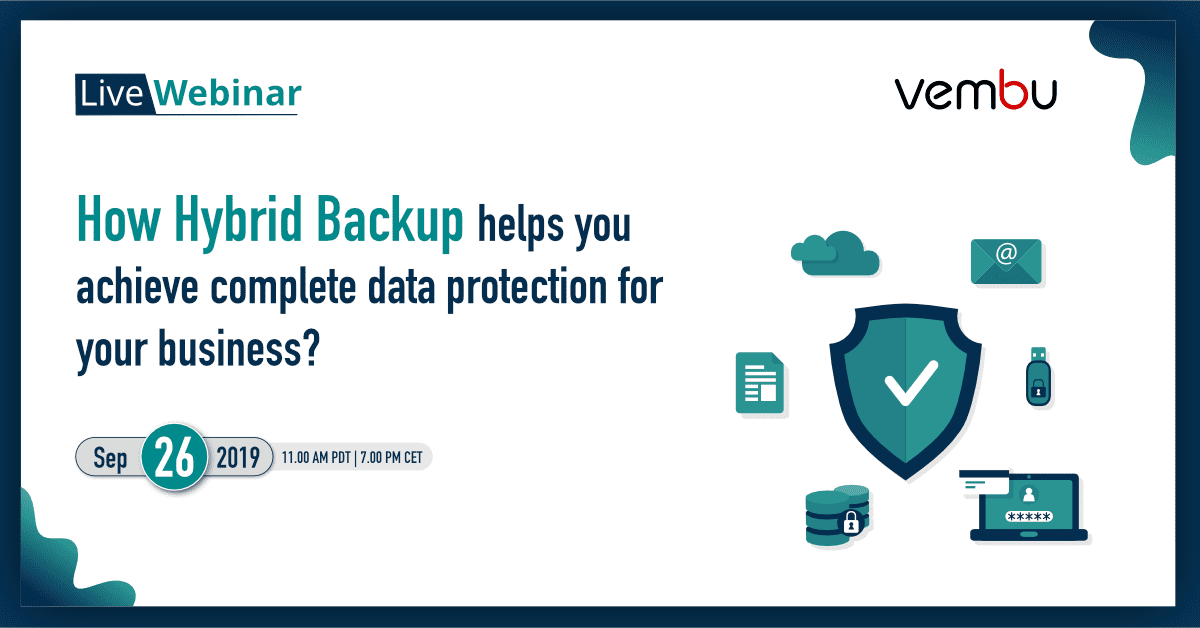
There is no question that backups are the lifeblood of protecting your data. There are an ever-growing number of threats to business-critical data that exist in the enterprise data center. Having proper backups of your data in place is like having a safety net underneath your data so that you can recover if needed. You may have heard a term referred to as hybrid backup referenced when looking at developing your backup strategy. What is Hybrid backup? How can you utilize it in conjunction with designing a proper backup strategy? What role does it play? Let’s look at how to use Hybrid Backup Solutions to Protect Your Business.
What is Hybrid Backup?
Before considering the benefits of hybrid backup solutions, we must first understand what hybrid is exactly. The term “hybrid” backup stems from a term that has been used to signify when both on-premises resources and cloud resources are utilized. When you are in a hybrid configuration, you are not natively using on-premises or cloud, but rather a mix of the two.
Traditional backups use storage and backup solutions that exist in your on-premises data center. However, a trend in the last couple of years at least for businesses leveraging new technologies and bringing cloud into the mix, is to use cloud for backup storage. In fact, when asked where most cloud expenditures are used and for what purpose, data protection is cited as one of the top use cases for cloud storage.
Cloud Storage and the 3-2-1 Backup Rule
One of the great things about leveraging hybrid cloud is that you can use it to help satisfy a few aspects of the 3-2-1 backup rule. The 3-2-1 backup rule is a basic guideline for setting up a backup strategy according to best practice methodology. It helps you to think about diversifying your backups and where they are stored for the best resiliency. The 3-2-1 backup rule for review states that you need at least (3) copies of your data stored on (2) different forms of media, with at least (1) copy stored offsite.
Many are viewing a few aspects of the 3-2-1 backup rule with next generation storage provided by cloud as a new way to satisfy various aspects of this best practice methodology.
Cloud storage is arguably a different storage medium than local disk storage on-premises. So the (2) different types of storage media to be met can essentially be satisfied with hybrid cloud in mind with cloud storage as a target. The (1) copy of your backups stored offsite is easily satisfied with cloud storage since your data is copied offsite from your on-premises location.
Cloud Storage Offers Flexibility and Scale
Cloud storage is very appealing on many fronts as it offers features and capabilities that is hard to achieve with on-premises infrastructure. Two of these are flexibility and scale.
When it comes to flexibility, Cloud storage allows having access to readily available data centers in world class facilities for no capital expenditure. It all becomes an operational expense which is much more palatable than the sometimes huge capital investments to build out the facility and needed infrastructure.
You also have the flexibility to store your data in numerous data centers around the world and shift your data to a different data center any time you want. Having this flexibility to move and store your data especially with backups is powerful.
What about scalability? When to comes to scale, there is simply no way that most enterprise businesses today would be able to build out the infrastructure that scales the way today’s cloud infrastructure scales. Cloud environments provide relatively unlimited scalability. This includes both the ability to scale up and scale down. These are two very difficult and challenging things to do with on-premises hardware.
If your storage needs change in the cloud, it is simply a matter of clicking a few buttons to either increase or lower your storage needs. It can be very challenging if not impossible to have this kind of scalability in both directions both up and down on-premises. Elasticity is a feature of the cloud that certainly benefits data protection objectives.
Hybrid Backup Solutions to Protect Your Business
If you want to know how to use Hybrid Backup Solutions to Protect Your Business, Vembu is hosting a webinar covering this very subject.
“Without backup in place, several data threats like hackers, malware or even a natural disaster could put you out of business. Today, there are new approaches to data backup and if you’re looking for the best next-gen backup strategy, consider a hybrid backup.“
The webinar will cover:
- What is Hybrid Backup?
- Why you need a hybrid backup solution?
- How do you set up a Hybrid backup strategy for your business?
- And lot more…
Click the banner below to be taken to the registration URL for the webinar. This is shaping up to be a great discussion on how to effectively utilize cloud resources in your backup strategy.
Check out our below posts covering Vembu news, releases, and technologies:


